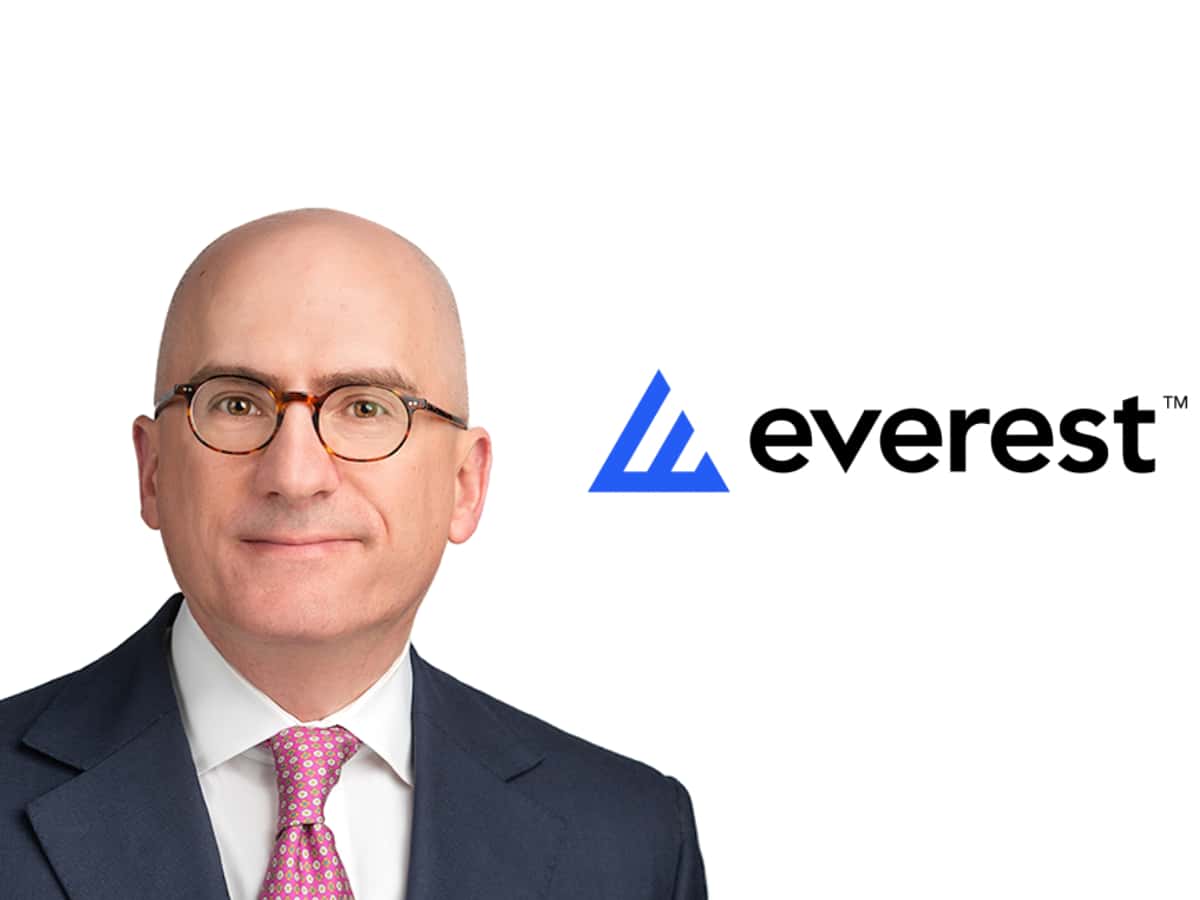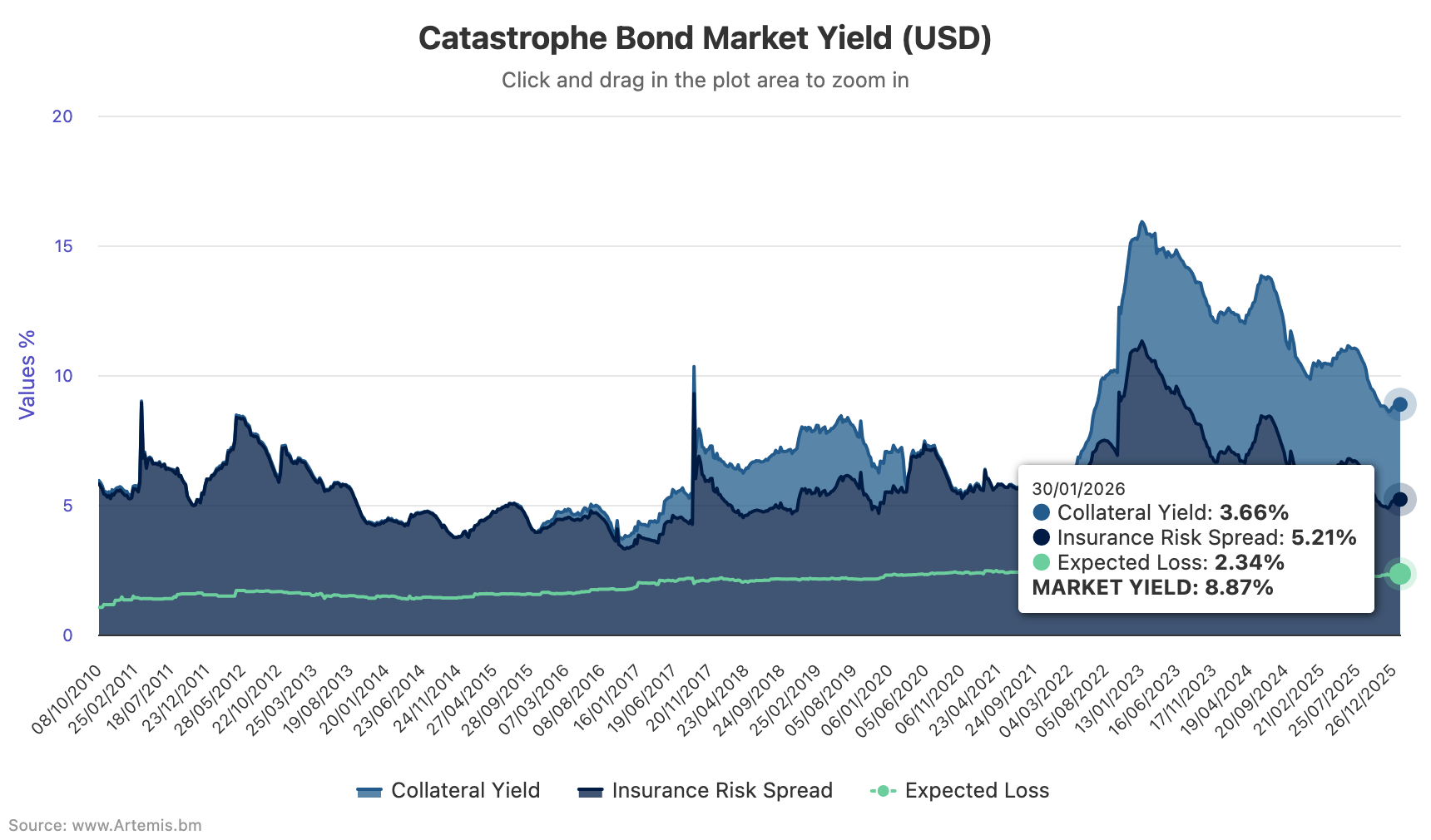
Mercury General Corporation, one insurance company with meaningful exposure to claims from the Los Angeles, California wildfires, has said today that it has not yet determined whether it will consider the fires as two separate events under its reinsurance arrangements.Previously, Mercury had explained that it expected the California wildfires would result in losses for the company that exceed its reinsurance retention of $150 million.Mercury said at the time that its reinsurance program provides for $1.29 billion of coverage limits, on a per-occurrence basis, after covered catastrophe losses exceed that retention level.Today, Mercury has provided an update on the wildfires, saying it has already received many claims, while further claims continued to be reported, and it is using aerial imagery to help it determine whether properties are total losses.
The insurer said it has already paid $80 million to its policyholders, primarily for living expenses and housing contents, and has begun paying out dwelling claims at the Coverage A limit for verified total losses as well.Mercury then explained that its current catastrophe reinsurance treaty would allow it to combine the losses of events that occur within a 150-mile radius as a single occurrence, which is an option in relation to the two most damaging California wildfires, the Palisades and Eaton fires.However, the insurer also noted that its reinsurance treaty also allows for events to be considered a separate occurrence, if each individual event is classified as its own catastrophic event by Property Claims Service (PCS).
Mercury then explained that PCS has designated each of the the Palisades and Eaton wildfires as a separate event.Stating that the insurer, “has not yet determined if it will consider the Wildfires as two separate events.” “As more information becomes available to the Company, including regarding any subrogation potential, the Company will evaluate whether it will consider the Wildfires as two separate events,” Mercury explained.Mercury then explained that, should it elect to consider the wildfires as two loss events, it could use reinsurance limits of up to $1.29 billion for the first event and reinstated limits up to $1.238 billion for the second event.
Under this scenario, Mercury would be responsible for the first and second event retentions of $150 million each, plus up to a $101 million reinstatement premium, resulting in total retention and reinstatement premiums of $401 million.As well as this, Mercury said that it would have co-participation up to $52 million for losses in excess of $650 million on the second event.So this decision, of whether to opt to recover from its reinsurance for the wildfires as a single, or as two, distinct catastrophe loss events, will have ramifications for the level of recoveries sought from the reinsurance firms that participate in the Mercury tower.
Mercury will likely wait until it has further information on the levels of claims it faces from each fire event to make that decision, depending on the financial impact of losses it faces.Mercury also noted that it could need to acquire additional reinsurance if reinstated limits are used by a second event, for the period to June 30th 2025, which is the expiration date of its current catastrophe treaty.It’s worth noting also that Mercury has been a beneficiary to a number of the of private catastrophe bonds.
, that provides Mercury with collateralized catastrophe reinsurance protection against wildfire losses in California.As we reported a week ago, that Randolph Re 2024-1 cat bond had been marked down roughly 11% at the mid of bid and offer, sources told us.We understand from sources that the price for this Randolph Re 2024-1 cat bond moved down further at the most recent Friday pricing as well.
– .– .– .
– .– .– .
– .– .– .
– .– .– .
– .– .– .
– .– .– .
– .– .– .
– .– .– ..
All of our Artemis Live insurance-linked securities (ILS), catastrophe bonds and reinsurance can be accessed online.Our can be subscribed to using the typical podcast services providers, including Apple, Google, Spotify and more.
Publisher: Artemis








